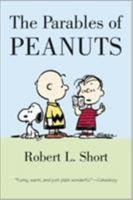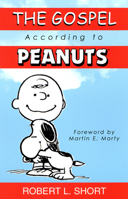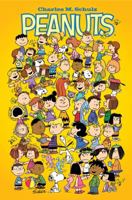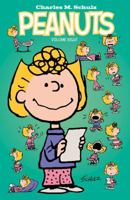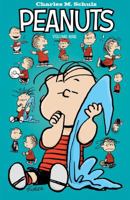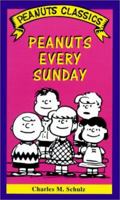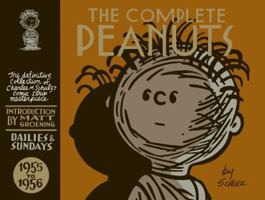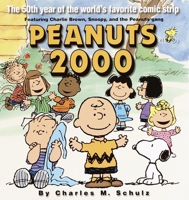Peanuts: Be Loving: Peanuts Wisdom to Carry You Through
Select Format
Select Condition 
Book Overview
Find Adoration Through Peanuts This thoughtful collection of quotes and illustrations from the classic comics shows how all the famous characters say "I love you." From Snoopy's perfectly timed kisses to Lucy's wishful one-on-one time with Schroeder to Charlie Brown's hopes to win over the little red-headed girl, Be Loving shows that there is no wrong way to express our love
Format:Mass Market Paperback
Language:English
ISBN:0345457862
Release Date:November 2004
Publisher:Del Rey
Length:544 Pages
Weight:0.62 lbs.
Dimensions:6.9" x 1.2" x 4.2"
You Might Also Enjoy
Customer Reviews
5 customer ratings | 5 reviews
There are currently no reviews. Be the first to review this work.















